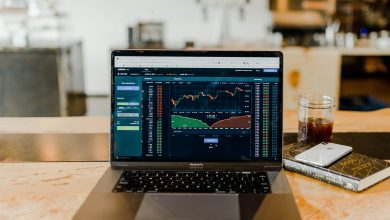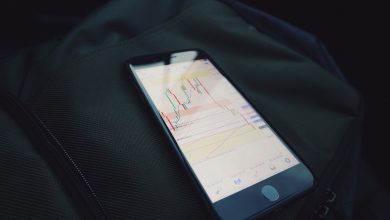What are Futures and Options in Shares and Stock Markets?

Futures and options are the main types of derivatives trading in the stock market. These are contracts to trade securities at a specified price on a given future date. These try to hedge against risks by agreeing on a specific amount to trade when the time comes.
Traders undertake these derivative contracts to make profits through speculation of future market prices. However, the stock market may go down, meaning a trader will suffer from the drop in stock value. It’s therefore prudent to enter into futures or options to hedge against a possible loss that may occur.
What Is Futures Trading?
This is a contract where a party agrees to buy shares at a pre-established cost at a certain time in the future.
Types of Futures
Here are the various types:
- Index future– this type of contract entails the underlying value of the assets based on that of the stock index, which helps assess changes in the cost of a group of stocks over time.
- Stock future is a contract that gives a trader the power to purchase or sell securities at a given price and date. Once you buy this contract, you must uphold the terms of the agreement.
- Interest rate futures– these are contracts with an asset that pays interest rate and they can be cash settled or involve delivery of the security itself at a predetermined amount.
- Currency and commodity/FX futures– these are contracts for exchanging a particular amount of currency at a given time.
What is Options Trading?
It’s a derivative contract that gives a trader the right but not obligation to trade an asset at a specified date.
Types of Option Trade
They include:
- Call options– enables a buyer to acquire an asset at a given amount and date. An investor will purchase these options when they have a bullish view of the price in the future.
- Put options– allows a seller to dispose of stocks at an agreed-upon amount at a given date in the future.
Differences Between Futures and Options
Futures and options are the most common types of derivatives but they come with the following differences:
- Futures are super easy to understand, which makes them easy to purchase compared to options.
- In matters of risk, futures are more volatile than options. Risk to an options buyer is limited to the premium amount.
- Futures restrict buyers to transact the exact amount on a given date, but, in options, parties have a right but not obligation to transact the shares.
- In the case of options, the seller needs to pay a premium which is a small percentage of the price, but in futures, there is no need to pay any advance.
- Options rely heavily on the time value of money, but that’s not the case in futures.
Key Takeaways
- Both are derivatives that give a trader the chance to hedge investment against risk.
- Options give a seller the opportunity but not obligation to sell an underlying asset such as stocks at a specified date and time.
- Futures bind a party to purchase an asset, and the seller needs to deliver the asset as agreed.
- Futures are traded on the stock market, but options trading occurs both on and off the exchanges.
- Futures are far more liquid and have more uses than options, making them more popular.
Sources




